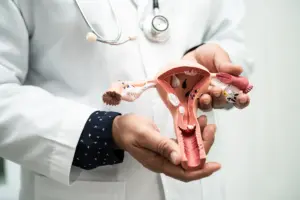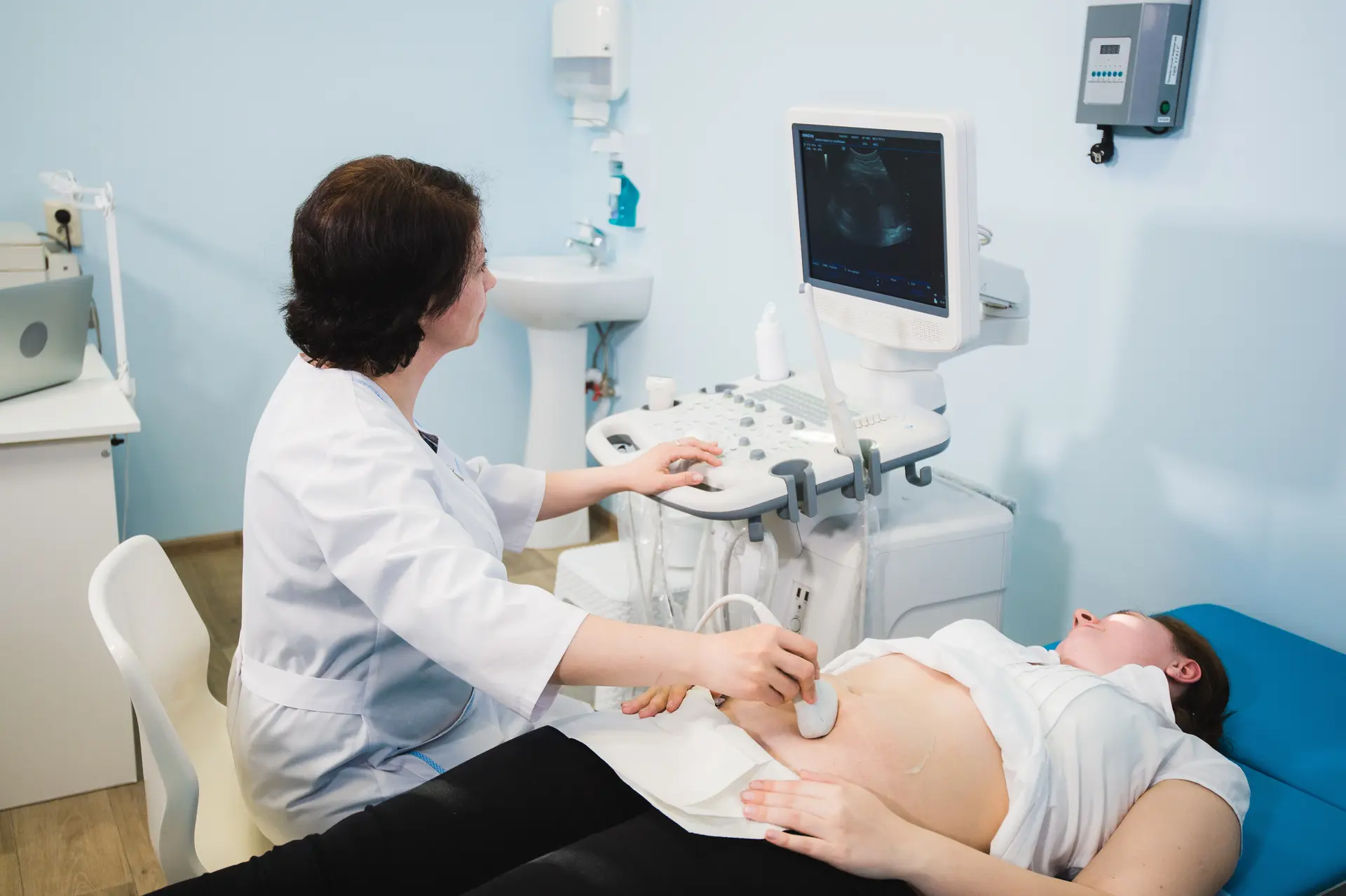A Guy’s Guide to Prostate Health
Maintaining good prostate health is crucial for every man, regardless of age. This is because the prostate gland plays a vital role in reproductive function, and taking care of it can prevent or detect potential problems, such as prostate cancer or benign prostatic hyperplasia (BPH). Read on to learn more about common problems that may develop and proactive steps that you can make to ensure optimal prostate well-being.
What is a prostate?
The prostate is a small gland located just below the bladder and in front of the rectum. Its primary function is to produce seminal fluid, which nourishes and transports sperm during ejaculation. As men age, the prostate may undergo changes that can lead to various health conditions, including enlargement – caused by benign prostatic hyperplasia (BPH) – or prostate cancer.
How to promote prostate health
Healthy diet
Maintaining a healthy balanced diet is essential for overall health for men, including prostate health. Include fruits, vegetables, whole grains, lean proteins, and healthy fats in your daily meals. Eat processed foods, red meat, and saturated fats in moderation, as they may contribute to inflammation and other prostate-related issues.
Maintain a healthy weight
Obesity has been linked to an increased risk of prostate problems. Maintaining a healthy weight by opting for a balanced diet and regular exercise can reduce the risk of developing prostate-related conditions.
Stay physically active
Not only does exercise help you to maintain a healthy weight but regular exercise can also help reduce the risk of prostate problems. Exercise improves blood circulation, reduces inflammation, and supports overall well-being.
Drink water
Staying hydrated is crucial for flushing out toxins from the body, including the prostate. Aim to drink around eight glasses of water per day to keep your body in check.
Regular prostate checkups
Regular prostate checks are crucial for early detection and prevention of potential issues. Discuss your prostate health with your doctor or healthcare provider and ask about the appropriate screening tests. These tests can help detect prostate cancer or other abnormalities at an early stage when treatment is more effective.
Don’t ignore symptoms
It’s important to know your body and not to ignore any changes or symptoms related to your prostate. Common signs can include frequent urination, weak urine flow, difficulty initiating or stopping urination, blood in urine or semen, or discomfort in the pelvic area. If you experience any of these symptoms, seek medical attention as soon as possible.
Conclusion
Prostate health is a crucial aspect of men’s overall wellbeing. By being proactive and adopting a healthy lifestyle, such as making dietary adjustments, exercising regularly, and getting regular medical checkups, you can reduce the risk of prostate-related issues significantly. Remember, early detection and preventive healthcare are vital to preserving optimal prostate health.
For more information please contact Dr C. Mathye, Urologist at Lenmed Randfontein Private Hospital.
Tel : 087 287 5216
The Lenmed Group is a world-class group of Private Hospitals that brings quality healthcare to communities across Southern Africa.
















